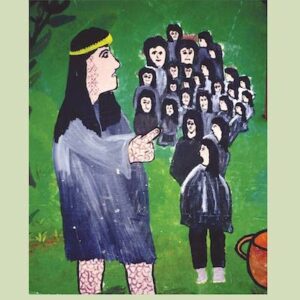
Freedomville: The Story of a 21st-Century Slave Revolt
By Laura T. Murphy (NHC Fellow, 2017–18) A celebrated revolution brought freedom to a group of enslaved people in northern India. Or did it? Millions of people around the world today are enslaved; nearly eight million of them live in India, more than anywhere else. This book is the story of a small group of … Continued



